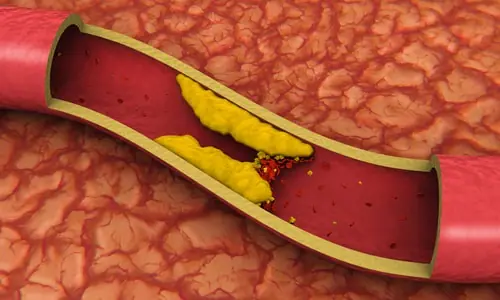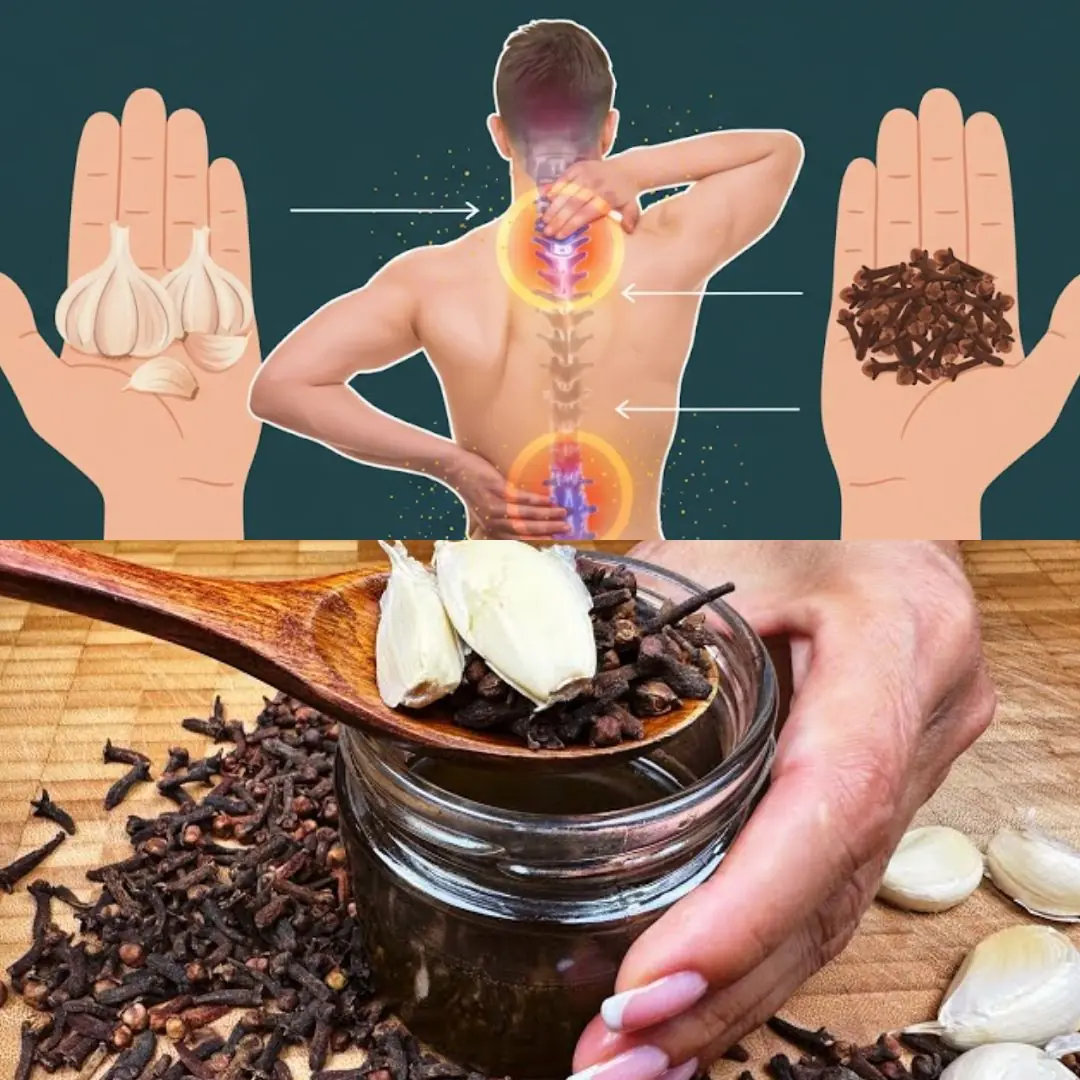
10 Warning Signs of Low Magnesium Levels and What to Do About It
Magnesium is one of the most important minerals in the human body, yet it is often overlooked. It plays a vital role in over 300 biochemical reactions, supporting nerve function, muscle contraction, heart rhythm, and bone health. Despite its importance, many people don’t get enough magnesium from their diet. According to studies, up to 50% of people may be deficient in this essential mineral. Recognizing the warning signs early can prevent serious health problems. Here are ten symptoms that may indicate low magnesium levels—and what you can do to fix it.
1. Muscle cramps and spasms
One of the most common signs of magnesium deficiency is frequent muscle cramps or spasms, especially in the legs. Magnesium helps muscles relax after contraction. Without enough of it, muscles can tighten uncontrollably, leading to painful cramps.
2. Fatigue and weakness
If you feel constantly tired even after resting, low magnesium might be to blame. Magnesium is crucial for producing energy in the body. A deficiency can slow down energy production, leaving you feeling drained and weak.
3. Irregular heartbeat
A healthy heart relies on balanced magnesium levels. Deficiency can disrupt electrical signals in the heart, leading to palpitations or irregular heartbeat. In severe cases, this can increase the risk of heart disease.
4. Anxiety and mood changes
Magnesium has a calming effect on the nervous system. When levels are low, you might experience increased anxiety, irritability, or even depression. Some researchers call magnesium “nature’s valium” because of its role in relaxation and stress control.
5. Insomnia or trouble sleeping
Magnesium helps regulate neurotransmitters and the sleep hormone melatonin. Low levels can make it harder to fall or stay asleep, leading to insomnia or poor-quality rest.
6. Numbness and tingling
Because magnesium supports nerve function, deficiency can cause abnormal sensations such as tingling or numbness, often felt in the hands and feet. This symptom should not be ignored, as it may indicate a more severe deficiency.
7. Muscle weakness (Myasthenia)
Low magnesium can lead to a condition called myasthenia, characterized by general muscle weakness. This occurs when magnesium levels are too low to support proper muscle and nerve communication.
8. High blood pressure
Magnesium helps relax blood vessels, improving blood flow. A lack of magnesium can contribute to hypertension. Studies have shown that people with higher magnesium intake tend to have better blood pressure control.
9. Osteoporosis and brittle bones
Magnesium plays a vital role in bone formation and helps regulate calcium and vitamin D. Chronic deficiency may weaken bones, increasing the risk of osteoporosis, especially in older adults.
10. Headaches and migraines
Frequent headaches or migraines are another common symptom. Magnesium deficiency can affect neurotransmitter release and blood circulation in the brain, triggering pain.
What to Do About It
If you suspect you have low magnesium levels, the first step is to consult your doctor. A simple blood test can confirm the deficiency. Fortunately, magnesium can be replenished through diet and supplements.
1. Eat magnesium-rich foods: Include leafy greens (spinach, kale), nuts and seeds (almonds, pumpkin seeds), whole grains, avocados, bananas, and dark chocolate.
2. Reduce caffeine and alcohol: Both can interfere with magnesium absorption and increase its excretion.
3. Manage stress: Chronic stress depletes magnesium levels. Relaxation techniques like meditation or yoga can help.
4. Consider supplements: If diet alone isn’t enough, magnesium supplements can help restore normal levels. However, it’s best to take them under medical supervision to avoid overdosing.
In conclusion, magnesium is essential for overall health, yet many people are unaware of its importance. Recognizing the early warning signs—such as cramps, fatigue, or mood changes—can help prevent more serious problems down the road. By maintaining a balanced diet and healthy lifestyle, you can ensure your body gets the magnesium it needs to function at its best.
News in the same category


❤️ 5 Subtle Signs That May Suggest Heart Trouble – And When to See a Doctor

Eat these 3 foods to strengthen them…

Neckline Wrinkles 5 Tips to Prevent and Eliminate Them

The Reason Some People Keep Lemons on Their Nightstand While Sleeping

Ginger and Salt Teeth Whitening Remedy

The Pain Most People Brush Off That Signals Serious Trouble

Warning Signs Your Arteries Need Cleansing and The Foods That Do It Best

The 5 fruits secretly damaging your brain after 50

The #1 silent sign your kidneys are in trouble (and it’s not your urine)

Why Some People’s Skin Turns Red When Drinking Alcohol

🩺 The #1 Silent Sign Your Kidneys Are in Trouble (And It’s Not Your Urine)

The 5 Fruits Silently Damaging Your Brain After 50 — And What to Eat Instead

Capsaicin: The Fiery Compound That Stops Heart Attacks and Destroys Cancer Cells

Flush Away the Hidden Toxins Damaging Your Kidneys — With These 13 Powerful Cleansing Foods

The surprising truth about eating eggs every day

Why You Should Stop Waking Up to Urinate

4 types of vegetables are full of parasites but many people still eat them raw every day

Hidden Dangers in Your Mouth: Early Signs of Oral Cancer
News Post

Push-Ups and Kindness: How One Deputy Reached a Boy’s Heart.

The Power of Urtica dioica: Natural Relief for Joint Pain, Arthritis, and Inflammation

The Woman at the Post Office: A Lesson in Beauty and Humanity.

James Spann: A Birthday, An Anniversary, and a Lifetime of Love

“For Alan” — A Family’s Fight Against Hemimelia

A Simple Breakfast, a Powerful Reminder: Strangers Bridge the Divide with Kindness

Garlic, Honey, and Cloves – a powerful natural remedy packed with health benefits

A Quiet Room, a Kind Heart, and a Pair of Shoes

From Fear to Home: A Shelter Dog’s Journey to Love

A Chance Encounter in California Reunites Hero and the Boy He Saved 13 Years Ago

The Best Tea for Mornings and After Dinner: A Powerful Blend for Health

The Goldfish Alligator: A Florida Kid's Wild Attempt at Luring a Reptile

Benefits and Uses of Papaya Flowers Soaked in Honey

The Wiener Dog and the Bear: A Friendship Lost and Found in the Mountains

Papaya releases a milky sap, but most people don’t realize how important it is

Bay Leaf – Nature’s Secret Against Wrinkles and Fine Lines

The Hidden Power of Garlic Bulbils: Nature’s Tiny Healing Pearls

Date Seeds Benefits: The Superfood Ingredient with incredible health benefits

Unlock The Incredible Health Benefits of Garlic, Ginger and Lemon for Men
